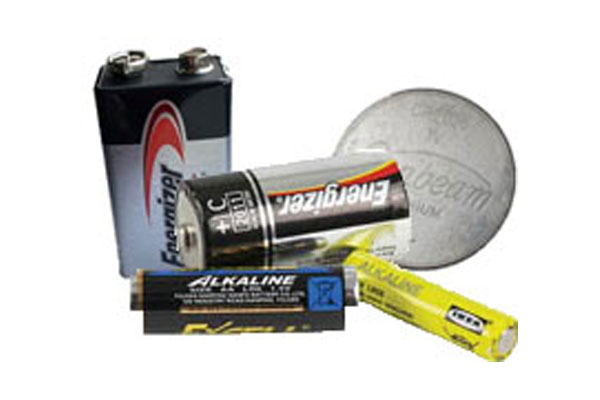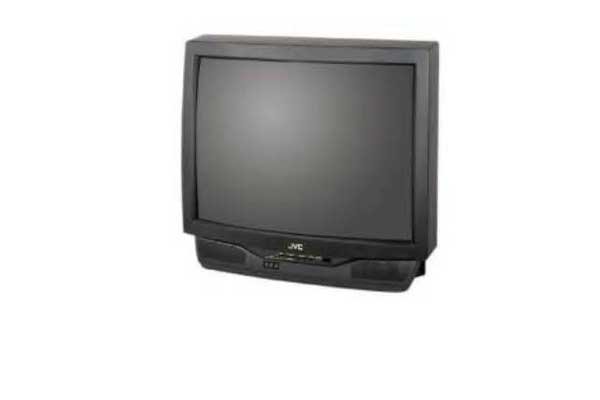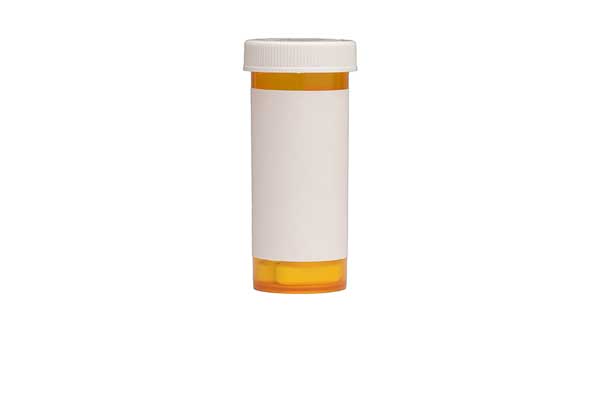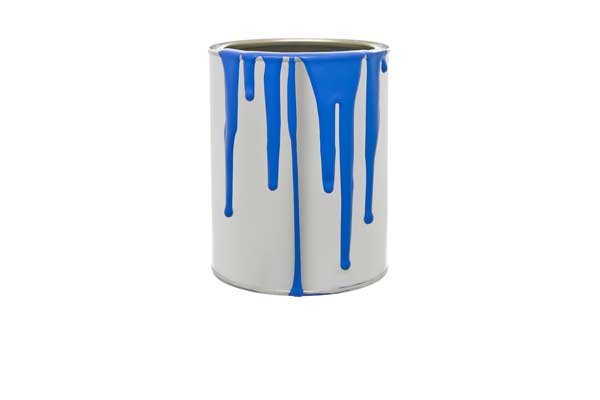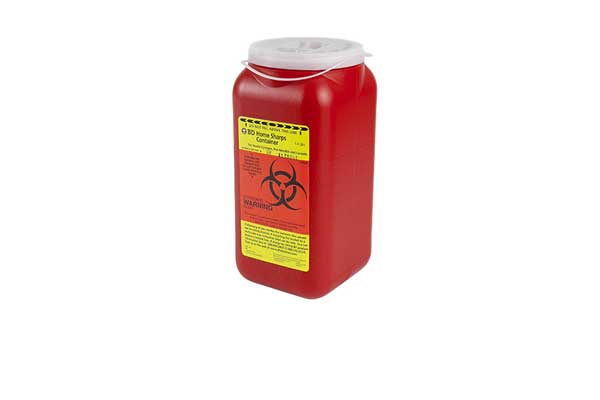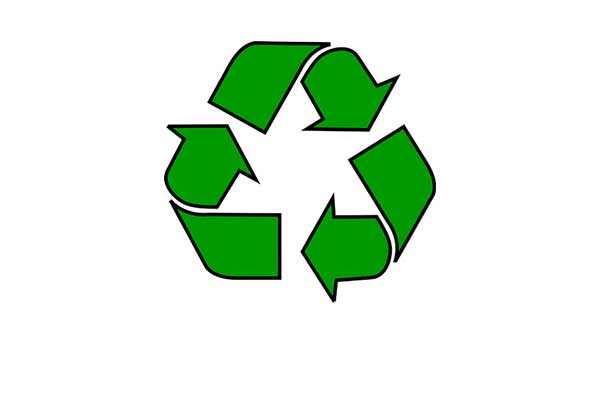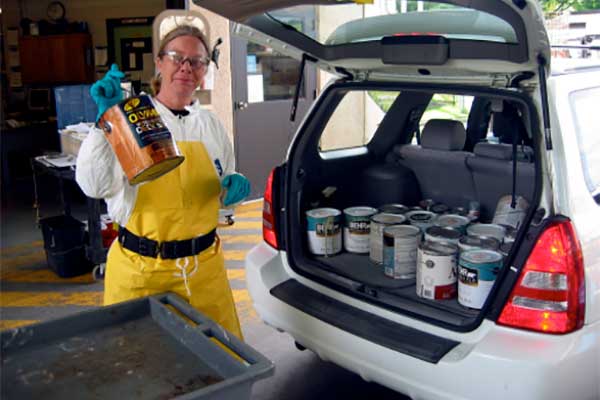
Hazardous waste can pose a health and safety risk to you, workers, and the environment. These items should be properly disposed of at a household hazardous waste facility:
- Aerosol spray products
- Art and hobby chemicals
- Automotive fluids
- Batteries
- Fire extinguishers
- Household cleaners and disinfectants
- Mercury-container products (fluorescent light bulbs and tubes, thermometers, thermostats)
- Paints, stains, solvents and thinners
- Pesticides and poisons
- Pool and spa chemicals
- Propane tanks
- Sharps (medical syringes, lancets, etc.)
- Unwanted or expired medicines and drugs
- Full list of Household Hazardous Waste
If you find these items in your home, we recommend using them up (pool, spa, art or other chemicals). If you no longer have use for them, see if a family member or neighbor is in need of the product (paints, stains, etc.). If the items are no longer usable or you cannot find someone who could use them, households can safely dispose of up to 35 gallons of hazardous household products at Metro's household hazardous waste facility in Oregon City.
Find a Disposal Location
View our Garbage and Recycling Transfer Stations and Depots page to find disposal locations throughout the county for common household hazardous waste, including the Metro South Household Hazardous Waste Facility.
Unsure where to properly dispose of an item? Use the Metro Find a Recycler tool or call 503-234-3000.
Disposal for Businesses
Disposal Programs
Learn how to safely dispose of household batteries in Clackamas County.
Take up to seven qualifying items at a time to an Oregon E-Cycles collection site for free recycling.
Safely dispose of unwanted medications at a drug take-back box.
PaintCare makes it easy to recycle leftover paint, primers, stains, sealers, and more for no fee.
Learn the Oregon laws about containment and disposal of household medical sharps.
Look up how to dispose of an item or call 503-234-3000.
Preventing Hazardous Waste
Consider reducing the hazardous products you use at home:
- Read labels carefully before purchasing to understand the dangers/warnings
- Buy only what you need
- Share leftovers with someone who can use them
- Choose safer alternatives:
- Look for credible eco-certification labels on products like (Green Seal, Safer Choice, and EcoLogo), but watch out for greenwashing
- Make your own, less toxic cleaners using ingredients you can find in your home (like baking soda and vinegar). Find recipes at Metro's Green Cleaning
- Consider Natural Yard & Garden alternatives
- Learn more about hazardous products with "The Hazardless Home Handbook"
 Translate
Translate






